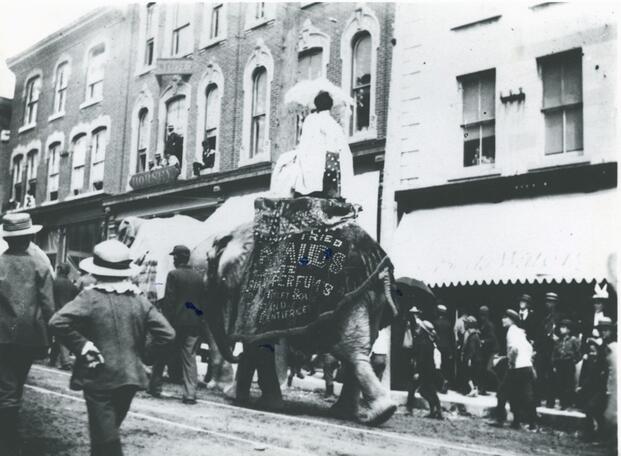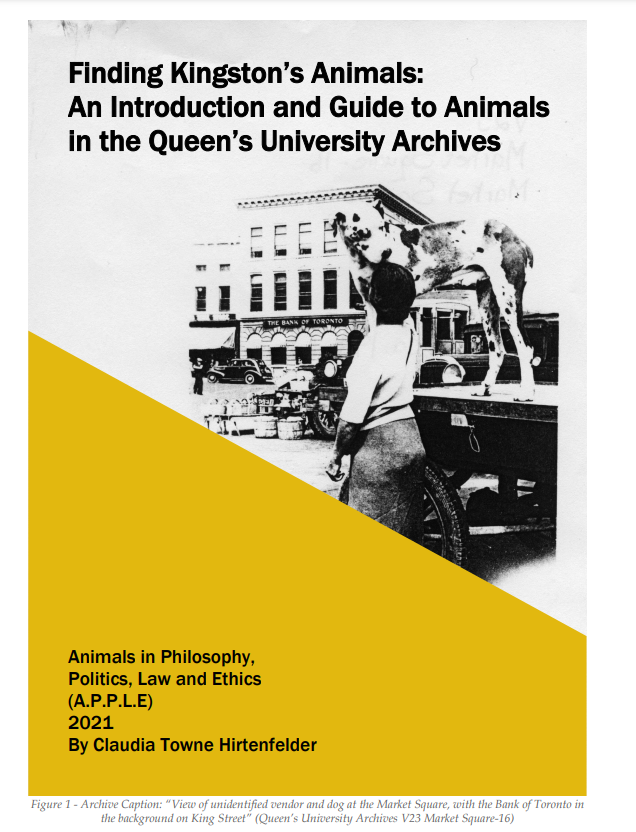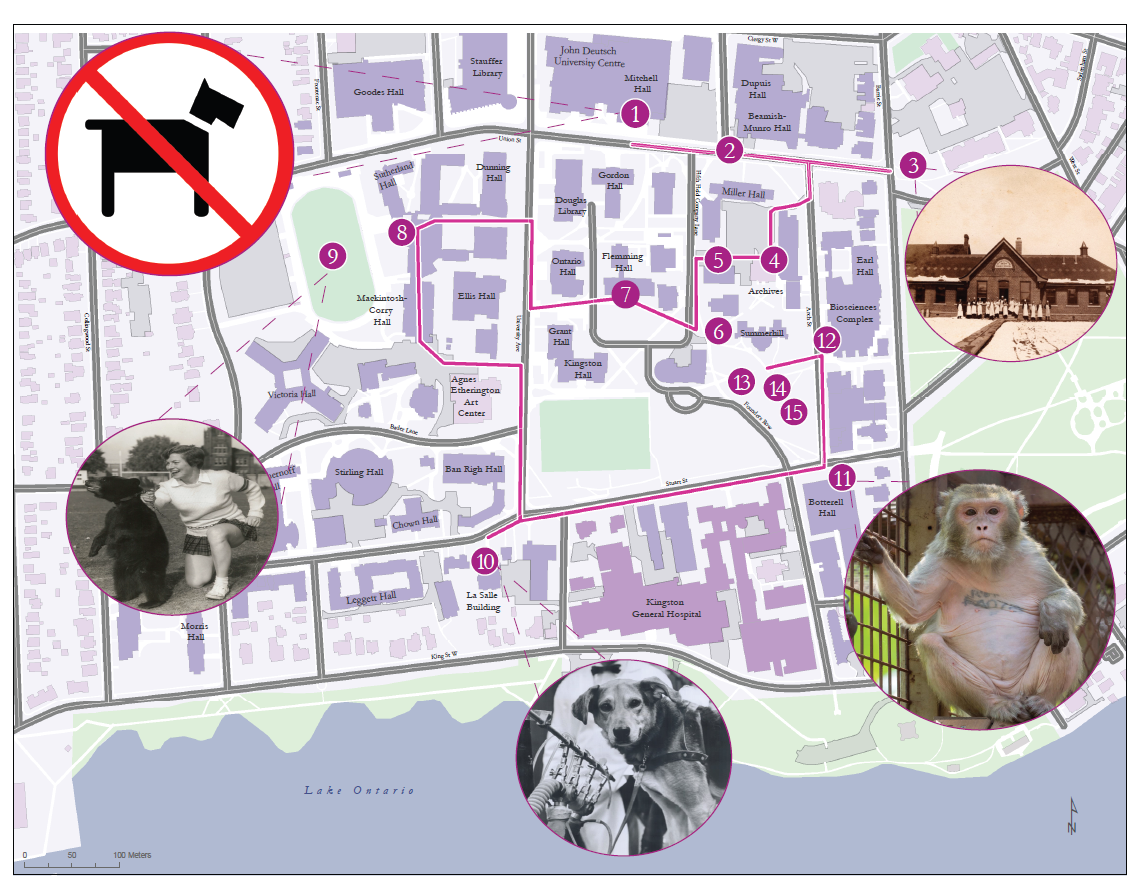APPLE Projects
The Animals in Philosophy, Politics, Law, and Ethics research group (APPLE) often engages in collaborations and shared projects. For further information about these special projects, please contact Sue Donaldson (sld8@queensu.ca).
The Sanctuary Working Group explores the role of intentional multispecies communities (such as sanctuaries for formerly farmed animals, wildlife rehabilitation centres, support networks for urban animals) in helping us to imagine, explore, and disseminate ideas and practices of multispecies justice, care, politics and community. Group activities include conducting ethnographic research in multispecies communities, sponsoring talks and keeping abreast of the emerging research on sanctuaries and other forms of multispecies community.
Recent publications related to this project include:
- Weisberg, Z., 2025. "Sanctuaries as Refusal." Politics and Animals 11, 12-17.
- Castelló, P. P. 2024. "The fabric of zoodemocracy: a systemic approach to deliberative zoodemocracy." Critical Review of International Social and Political Philosophy, 1-26.
- Donaldson, S., 2024. "Sanctuary Communities" in Y. Athanassakis et al (eds) The Plant-based and Vegan Handbook. Springer, 41-50.
- Castelló, P. P. 2024. Care as Method for Multispecies Ethnographies. In Chloë Taylor (ed). The Routledge Companion to Gender and Animals, Routledge, 267-281.
- Blattner, C., Donaldson, S. and Wilcox, R., 2020 "Animal Agency in Community: A Political Multispecies Ethnography of VINE Sanctuary." Politics and Animals 6.
- Donaldson, S., 2020. “Refuges d’animaux,” in Renan Larue (Ed.) La pensée végane: 50 regards sur la condition animale. Presses Universitaires de France, 479-487 (article in French, English version here).
- Donaldson, S. and Kymlicka, W., 2015. “Farmed Animal Sanctuaries: The Heart of the Movement?”. Politics & Animals, 1: 50-74.
- Van Patter, L. and Blattner, C., 2020 “Advancing Ethical Principles for Non-Invasive, Respectful Research with Animal Participants”. Society & Animals 28(2): 171-190.
The goal of the Animal Archive Project is to support the exploration and writing of animal histories and stories. APPLE fellow Claudia Hirtenfelder, in conjunction with Queen’s University Archives, has produced a thematic introduction and ‘user-guide’ to facilitate research on animals, and incorporation of their stories into scholarly projects in the humanities and social sciences. Read: “Finding Kingston’s Animals: An Introduction and Guide to Animals in the Queen’s University Archives.”
APPLE is also producing ‘historical walking tours’ of Kingston’s animals. These guides are intended for the general public, with the aim of promoting a new perspective on animals as historical subjects, and as vibrant participants in Kingston’s social, economic, cultural and political history.
The first map is “A Multispecies Tour of Queen’s University.” It provides brief provocations and observations about animals and their relationships with Queen’s University including bird strikes, animal experimentation, myths about squirrels, and advocacy on campus.
The second, more comprehensive tour, titled “Animal Histories of Kingston” gives insights into the history of animals in the city. It includes stories about pigs eating city waste, bears being put on display, and dogs shifting urban mobilities. Other animals include regimented goats, valued beavers, and colonial elephants. Find a full list of the animals and their stories on the Stones Website.

We hope these documents will be of interest, not just to scholars of Kingston’s history, but to residents of other cities and regions who might be inspired to undertake similar projects in conjunction with their own local archives, historical societies, or tourism bureaus. We also hope the guide and maps can be of use as pedagogical tools for teachers hoping to involve students in a more dynamic exploration of history and animals.

